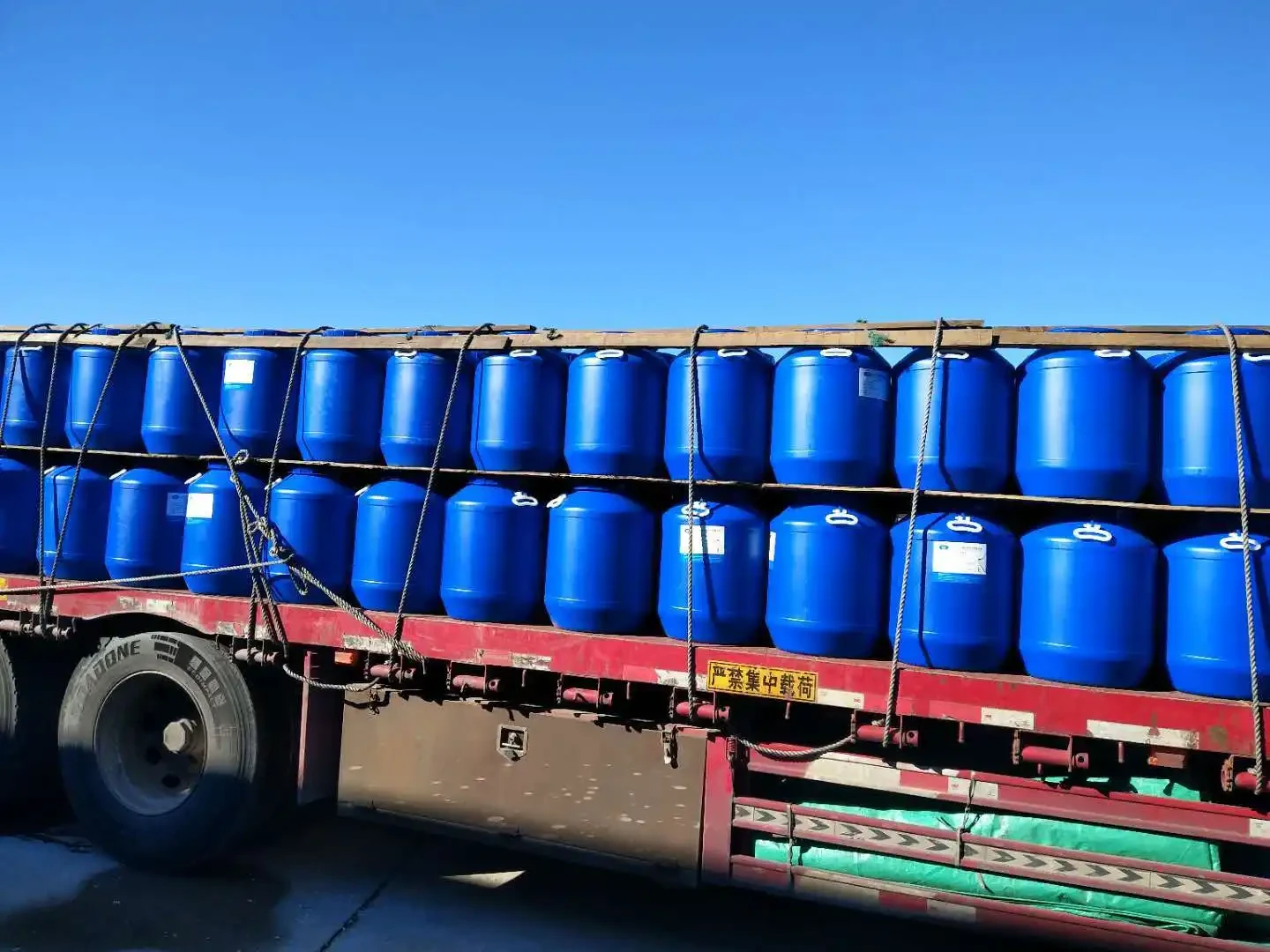Chemical Cooling Tower Water Treatment An Overview
Cooling towers are essential components in various industrial processes, providing efficient heat dissipation by transferring heat from water to the atmosphere. However, maintaining the efficiency and longevity of cooling towers requires optimal water treatment practices. Chemical cooling tower water treatment involves the use of chemicals to control scale, corrosion, and biological growth, ensuring the system operates at peak performance.
Importance of Water Treatment in Cooling Towers
Cooling towers recycle water that absorbs heat from industrial processes, which can lead to various water quality issues. Poor water quality can compromise heat exchange efficiency, increase energy consumption, and lead to system failures. Chemical treatment is vital in addressing these challenges by promoting water clarity and quality while preventing damage to the cooling system.
Key Challenges in Cooling Tower Water Management
1. Scaling As water evaporates in the cooling tower, dissolved minerals can concentrate and precipitate out, forming scale. This buildup can significantly reduce heat transfer efficiency and lead to increased operational costs. Preventing scale formation is critical for maintaining the cooling system's efficiency.
2. Corrosion The metals used in cooling tower components are susceptible to corrosion, especially in water with high oxygen content or aggressive ions. Corrosion can lead to leaks, increased maintenance costs, and shortened equipment life.
3. Biological Growth The warm, nutrient-rich environment of cooling towers can promote the growth of biological organisms, including bacteria, algae, and fungi. These microorganisms can form biofilms that insulate heat transfer surfaces, reducing efficiency and leading to fouling.
Chemical Treatment Methods
To address these critical challenges, several chemical treatment approaches are commonly utilized
chemical cooling tower water treatment

1. Scale Inhibitors Chemicals such as phosphonates and polycarboxylates are employed to prevent scale formation. They work by interfering with the crystallization process of mineral deposits, thus keeping them in solution and ensuring they are flushed out of the system.
2. Corrosion Inhibitors These chemicals protect metal surfaces from corrosive elements. They form a protective film on the metal surface, reducing the deterioration caused by chemical reactions with water. Common corrosion inhibitors include chromates, molybdates, and organic inhibitors.
3. Biocide Treatments To control biological growth, biocides such as chlorine, bromine, and non-oxidizing biocides like isothiazolinones are used. These chemicals effectively kill or inhibit the growth of microorganisms, preventing biofilm formation and maintaining water quality.
4. pH Adjusters The pH level of cooling water is critical for the efficacy of other treatment chemicals. Maintaining an optimal pH range (typically between 6.5 and 8.5) is essential in ensuring that scale inhibitors and biocides perform effectively.
Implementation and Monitoring of Chemical Treatments
The effectiveness of chemical treatment largely depends on proper implementation and monitoring. Regular water sampling and analysis are necessary to ensure that the chemical concentrations are adequate and remain within the specified limits. Automated monitoring systems can provide real-time data on water quality parameters, allowing for timely adjustments to the treatment regimen.
Additionally, proper dosing is crucial. Underdosing can lead to treatment failures, while overdosing can result in harmful residuals and environmental issues. Therefore, collaboration with qualified water treatment specialists is essential to tailor a treatment plan that matches the specific needs of the cooling system.
Conclusion
Chemical cooling tower water treatment is a critical component in managing industrial cooling systems' efficiency and longevity. By effectively addressing scale, corrosion, and biological growth, businesses can ensure optimal performance, reduce downtime, and lower operating costs. As industries continue to recognize the importance of water treatment in sustainability and operational efficiency, ongoing advancements in chemical treatment technologies will play a vital role in shaping the future of cooling tower management. Through proper monitoring and chemical application, facilities can enjoy reliable cooling while minimizing their environmental impact.

